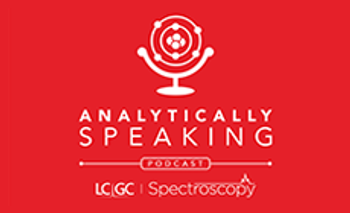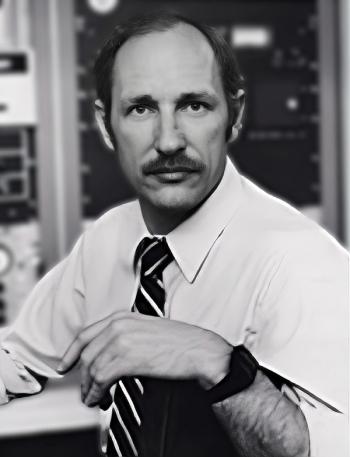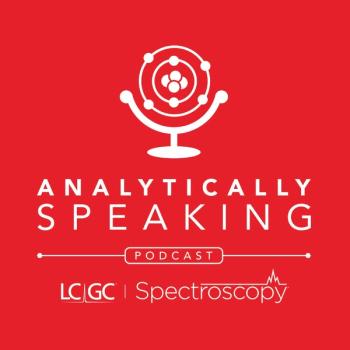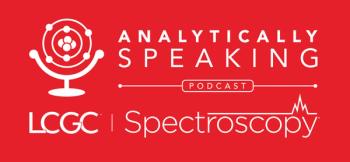
In this episode, podcast co-hosts Dr. Dwight Stoll and Dr. James Grinias talk with Professor Kelly Hines. Dr. Hines is an associate professor in the Department of Chemistry at the University of Georgia in Athens.

In this episode, podcast co-hosts Dr. Dwight Stoll and Dr. James Grinias talk with Professor Kelly Hines. Dr. Hines is an associate professor in the Department of Chemistry at the University of Georgia in Athens.

Here in Episode #41, podcast host Dr. Jerry Workman speaks with Sunil Mehrotra and Doug Modlin, who are the project leaders of the Albert Michelson Exhibit at the Angels Camp Museum located in Angels Camp, California.

In this episode, podcast co-hosts Dr. Dwight Stoll and Dr. James Grinias talk with Professor Luis Colon about the influence his father had on his pursuit of science and his interest in materials development for chromatography.

In this episode of Analytically Speaking, explore the intersection of forensic science and cannabis research with Brent Wilson as he shares insights on analytical chemistry and standards.


In this Icons of Spectroscopy article, Executive Editor Jerome Workman Jr. delves into the life and impact of Bruce Kowalski, an analytical chemist whose major contributions to chemometrics helped establish the field of applying advanced quantitative and qualitative mathematics to extract meaningful chemical information from complex datasets. Kowalski’s visionary approach to chemical data analysis, education, and software development has transformed the landscape of modern analytical chemistry for academia and industry.









A review by researchers from Curtin University comprehensively explores how chemometrics can revolutionize forensic science by offering objective and statistically validated methods to interpret evidence. The chemometrics approach seeks to enhance the accuracy and reliability of forensic analyses, mitigating human bias and improving courtroom confidence in forensic conclusions.













